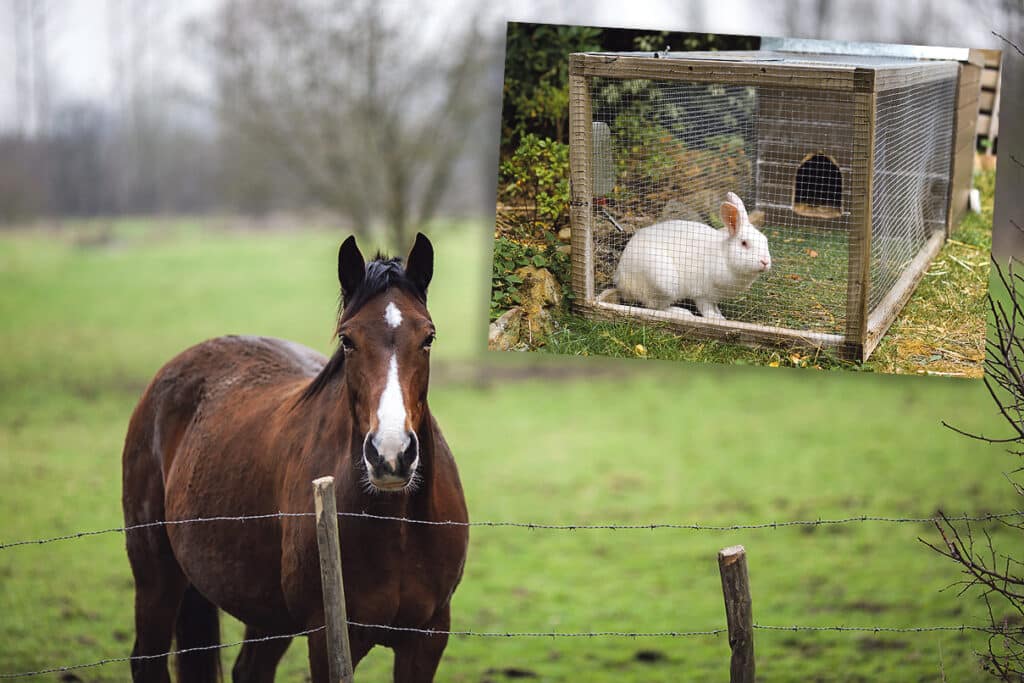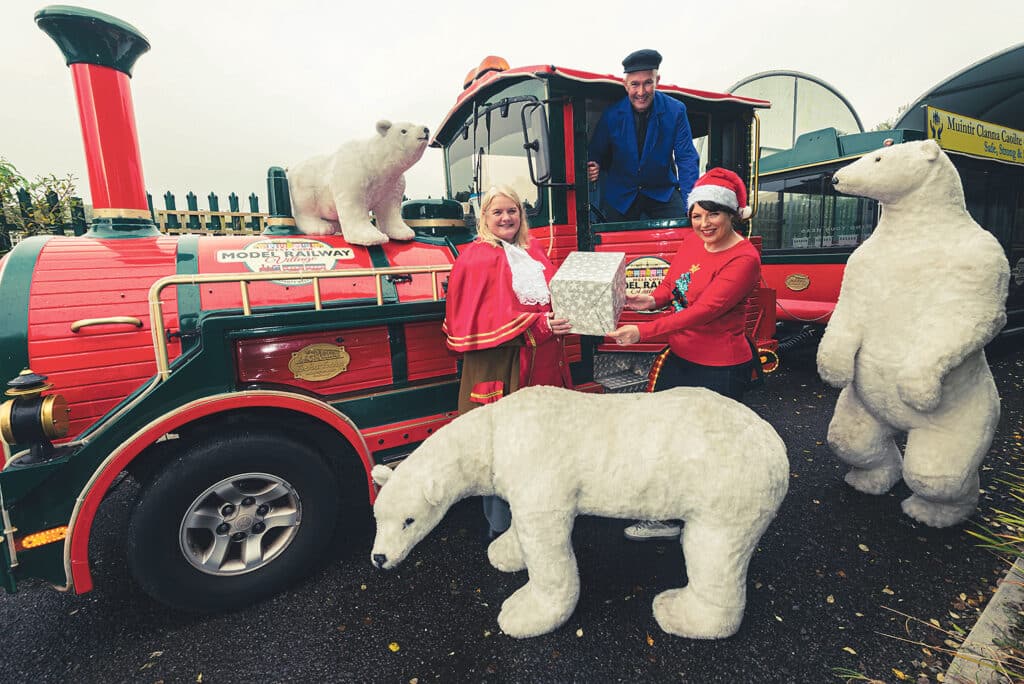As we face into winter, RAWR reminds us that, just like us, our pets need to be kept warm and safe.

Winter brings with it a drop in temperatures and more extreme weather such as storms. In extreme circumstances such as flooding or storms, we recommend you always keep your pets indoors. Make sure your pet has somewhere warm and comfortable to sleep, out of the wind and the rain and don’t forget to ensure your pet has access to plenty of fresh drinking water.
Dogs: Dogs that live outdoors such as farm dogs must have a proper shelter. Dog kennels should have warm adequate bedding, which is raised off the ground to avoid the dog getting cold or wet. If you don’t have a shelter where your dog can sleep, you should bring them inside during wet and windy weather.
If your dog needs to have their coat clipped in winter, be mindful that a longer coat will provide more warmth, so don’t clip them too bare. If you own a short-haired breed, an older dog, or a dog that has any medical conditions, which may make them more susceptible to feeling cold, consider getting them a coat or jumper. RAWR stocks a beautiful range of hand-knitted dog jumpers in the charity shop in Bantry. We are happy to make you a jumper if you cannot find one to suit your dog.
It may be dark, cold and wet outside but your dog still needs to be taken for their walk. It’s a good idea to wear reflective clothing (high visibility jacket), so that you can be seen and it is just as important for your dog. Get a reflective collar and lead and a winter coat for your dog. Remember that you still have to pick up their poo even in the dark so a torch and bags are a must.
Many dogs are lost during the winter, especially during thunder storms. When thunderstorms are forecast, the best place for your pet is indoors with you. Loud thunder and bright lightening can be distressing for animals. Make sure your dog always wears an ID tag and comply with legislations by having them microchipped. If your dog should go missing, you are much more likely to be reunited if your pet can be traced back to you.
Cats: Microchip your cat and remember that cats can travel long distances so during the dark winter months it is important that your cat has a proper cat safety collar on with reflective pieces on it.
Like dogs, cats prefer to be warm and dry indoors. A comfortable shelter should be provided for any outdoor cat. For those cats and dogs lucky enough to be snuggled up inside by the fire, it is important to protect them from danger. Make sure that you keep a close eye on your pets if they’re warming themselves by the fire, because they could burn themselves if too close.
During the winter, outdoor cats sometimes sleep under cars. When the motor is started, the cat can be injured or killed by the fan belt. If there are outdoor cats in your area, bang loudly on the car bonnet before starting the engine to give the cat a chance to escape. Never leave your dog or cat alone in a car during cold weather. A car can act as a fridge in the winter, holding in the cold and causing the animal to freeze to death.
Small animals such as rabbits or a guinea pig are often kept in a hutch in the garden. During the winter months it is really important to protect them from the harsh weather. Outdoor hutches can get really cold and damp if not sheltered. It is a good idea to move the hutch to a more sheltered area, for example in a shed or garage. Make sure they have plenty of nice warm, fresh bedding to snuggle in and change it regularly. Rabbits and guinea pigs will naturally eat more in the winter to help them stay warm, so make sure you give them plenty of food, fresh vegetables and fresh water.
Equines: It is very important that equines have access to adequate shelter. Where equines are kept outdoors over winter, a shelter should be provided in a sheltered corner of a field with its back to the prevailing wind and easily accessible for feeding. When temperatures drop during extreme conditions and at night-time, the housing will trap their heat and keep them warm. Most Irish horses, like the draught and cob, will not need rugs. If the horse is fit and healthy, their own coat will keep them comfortable and warm, but if he has been clipped, or if his coat is very fine and he is groomed regularly then you will need to put a rug on to protect him from the cold. All rugs should be clean, in good repair and waterproof. It is better to leave a horse with no rug, then to leave them in a rug that is wet through. Check rugs on the horse every day and make sure fresh water is readily available. The water should be free flowing and not stagnant. If there is no stream in the field then you need to supply water to the field. This water should be checked and cleaned regularly and any ice taken out during cold weather. Outdoor horses will not have access to much grass, so it is important to keep a regular supply of hay in the field for them. Give more hay at nighttime, as the temperature will have dropped and they will eat the hay to keep warm. If your horses are not used to hay, introduce it to their diet gradually, so that they do not develop colic. Make sure your horse is micro-chipped, as horses can sometimes stray if they are looking for food and this will help you be reunited quicker.


